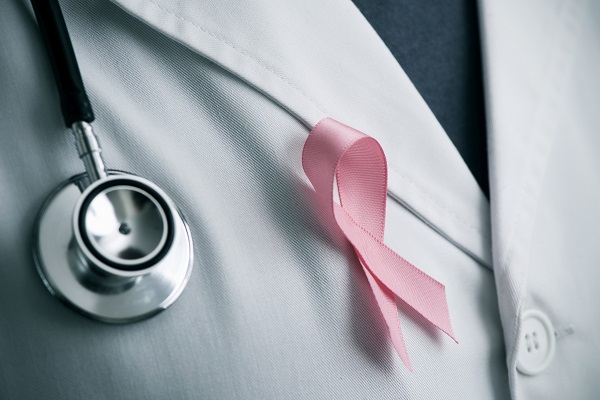What Does an Oncologist Do?

An oncologist is a doctor who works in the field of oncology, which is an important branch of medicine that deals with cancer. These physicians are highly trained and capable of diagnosing and treating people who have cancer. If you have cancer, the doctor will design an ideal treatment plan based on detailed pathology reports. Read on to find out more about what oncologists do.
An oncologist
An oncologist manages the care of a patient throughout the course of the disease. This begins with diagnosis. The role of the oncologist includes explaining the cancer diagnosis and stage. The oncologist also talks about all treatment options and the ideal choice.
An oncologist is required to deliver quality and compassionate care. The doctors help patients manage the symptoms of cancer and the side effects of cancer treatment. Most cancers are treated using a combination of therapies. A patient may see several different types of oncologists during the course of treatment.
Medical oncologists
Medical oncologists can treat cancer using chemotherapy as well as other medications like immunotherapy and targeted therapy. A medical oncologist is considered to be the primary cancer doctor. Medical oncologists help patients manage side effects and also monitor and maintain people’s well-being. Most times, patients follow up with them after treatment is complete.
Surgical oncologists
A surgical oncologist may be one of the first doctors a person may see if the primary care physician suspects that the individual has cancer. They usually perform biopsies and remove a small tissue section so that it can be checked for any cancer cells. If cancer cells are present, the patient might have to see the doctor again. At this point, it might be necessary to have the tumor and the surrounding tissues removed. The surgeon will help the patient prepare for any surgical procedures that are recommended for cancer treatment. The doctor will also help the patient recover after surgery.
Radiation oncologists
Radiation oncologists usually treat cancers using radiation therapy. These doctors use high-energy photon beams not only to target but also to destroy cancer cells. A high percentage of all cancer patients have radiation treatments as part of their cancer care. Some cancers respond well to small seeds of irradiated material implanted in the affect areas. Others respond better to radiosurgery.
Pediatric oncologists
Pediatric oncologists focus particularly on treating children who have cancer. Some types of cancer usually occur in children as well as teenagers. About 175,000 children all over the world under the age of 15 are diagnosed with cancer annually. In the U.S., about 80% of children who are diagnosed with cancer and then treated usually survive.
Consult an oncologist near you today
Oncologists are doctors who focus on the diagnosis and treatment of cancer. There are several different types of oncologists that people can see. The doctors usually work together to create the overall treatment plan of a patient. Speak to an oncologist to learn more about the various methods that can be used to treat cancer.
Get more information here: https://lindenbergcancer.com or call Lindenberg Cancer & Hematology Center at (856) 475-0876
Check out what others are saying about our services on Yelp: Read our Yelp reviews.
Recent Posts
Lung cancer treatment has advanced significantly in recent years, allowing for more personalized approaches that improve outcomes and reduce unnecessary side effects. Personalized lung cancer treatment plans are developed based on several factors, including the type and stage of cancer, genetic markers, overall health, and the patient's unique response to specific therapies. These tailored strategies…
An ovarian cancer diagnosis can be scary, as this form of cancer often develops without noticeable symptoms in the early stages. As the disease progresses, it can become more difficult to treat, making early awareness important. Knowing the signs, understanding the diagnostic process, and learning about treatment options from an oncologist can offer patients hope…
Gynecological cancer treatments target cancers that affect the female reproductive organs, such as ovarian, uterine, cervical, vaginal, and vulvar cancers. Fortunately, there have been significant medical advances in cancer treatment that have greatly improved patient outcomes, allowing oncologists to adjust therapies to fit each patient's needs and overall health. These targeted treatments work better than…
Gastrointestinal cancer treatment is a broad and evolving field focusing on cancers affecting the digestive tract, including the esophagus, stomach, pancreas, liver, small intestine, colon, and rectum. Each area may involve different approaches based on the cancer's stage, location, and specific genetic factors. Oncologists often coordinate with surgeons, radiologists, and other specialists to create a…


